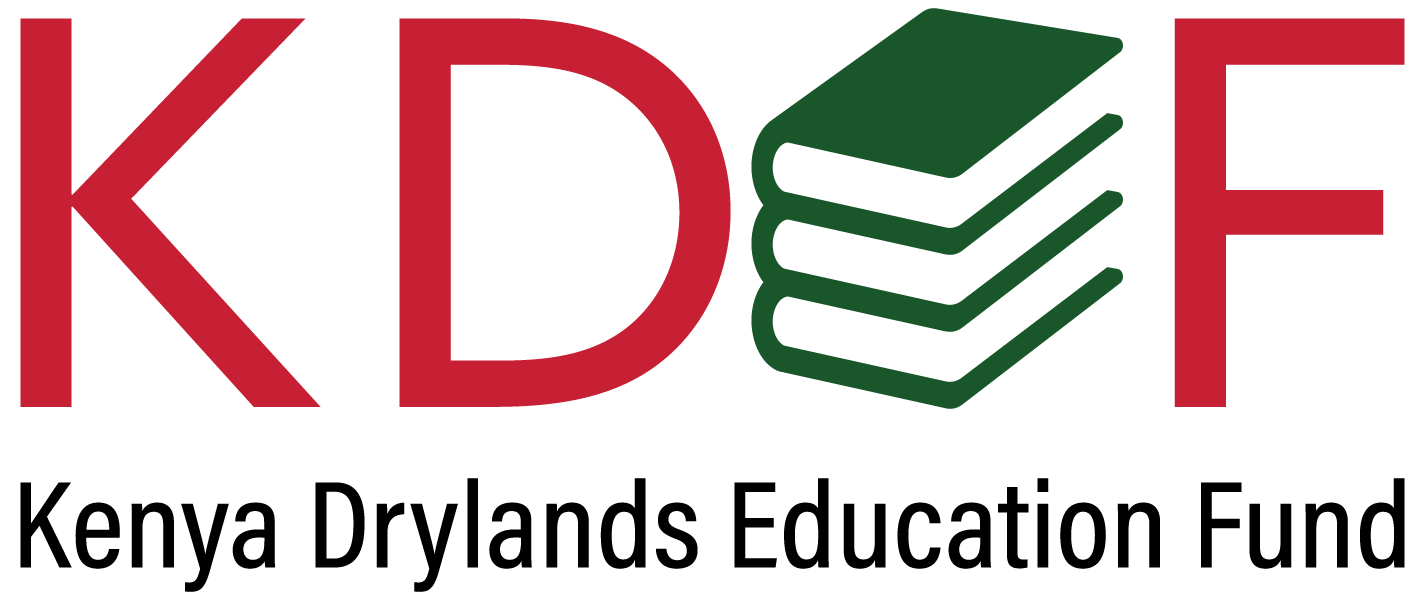KDEF Preventing a Health Pandemic from Becoming a Hunger Catastrophe
Nasutoi Lesila at home with her daughter and KDEF scholarship student, Renten.
As schools remain closed to curb the spread of Covid-19, the World Food Programme (WFP) estimates that some 370 million children are missing school meals which are often the only meals they could count on.
“Without school meals, millions of children will go hungry. They risk falling sick, dropping out of school and losing their best chance of escaping poverty. We must act now to prevent the health pandemic from becoming a hunger catastrophe,’’ said David Beasley, Executive Director WFP.
Since August 2020, the Kenya Drylands Education Fund (KDEF) embarked on providing meals for all KDEF sponsored students at home. This has been continuously implemented through cash transfers using mobile money.
According to Nasutoi Lesila, one of the KDEF’s scholars’ parent – children being at home increased her daily expenses. Before Covid-19, she was able to support her family with her menial wages from casual labour but not anymore. She says that people are no longer as busy as they were before the Coronavirus pandemic, she would fetch water and do laundry for meagre income that would buy food for her children. She was especially happy that two of her daughters were in boarding school, while the rest had a guaranteed lunch in school.
Without supplementation of school meals and having all children at home, Nasutoi became a struggling mother “I would restrict my children to one meal per day, usually dinner. They could eat lunch in school. But all seven of them are now at home, every day. They expect to have a breakfast of chai, lunch like they had in school and dinner. This season has been extremely hard for all of us’’.
For most low-income households in Northern Kenya like Nasutoi’s, the nutritional value of the meals they get is not a priority. Their urgent need is food and water, the Covid-19 guidelines like maintaining hygiene and eating balanced diet to boost immunity are ignored in the face of starvation.
It is for this reason that KDEF ensures that the meals bought by these families is nutritious and it can sustain them for a period of thirty days. ‘’The money that KDEF sent to me, really helped us. I bought rice, beans, milk, maize flour, vegetables, wheat flour, cooking oil and a lot more that will keep my family well fed for about four weeks. We are very grateful.’’ Nasutoi Lesila

